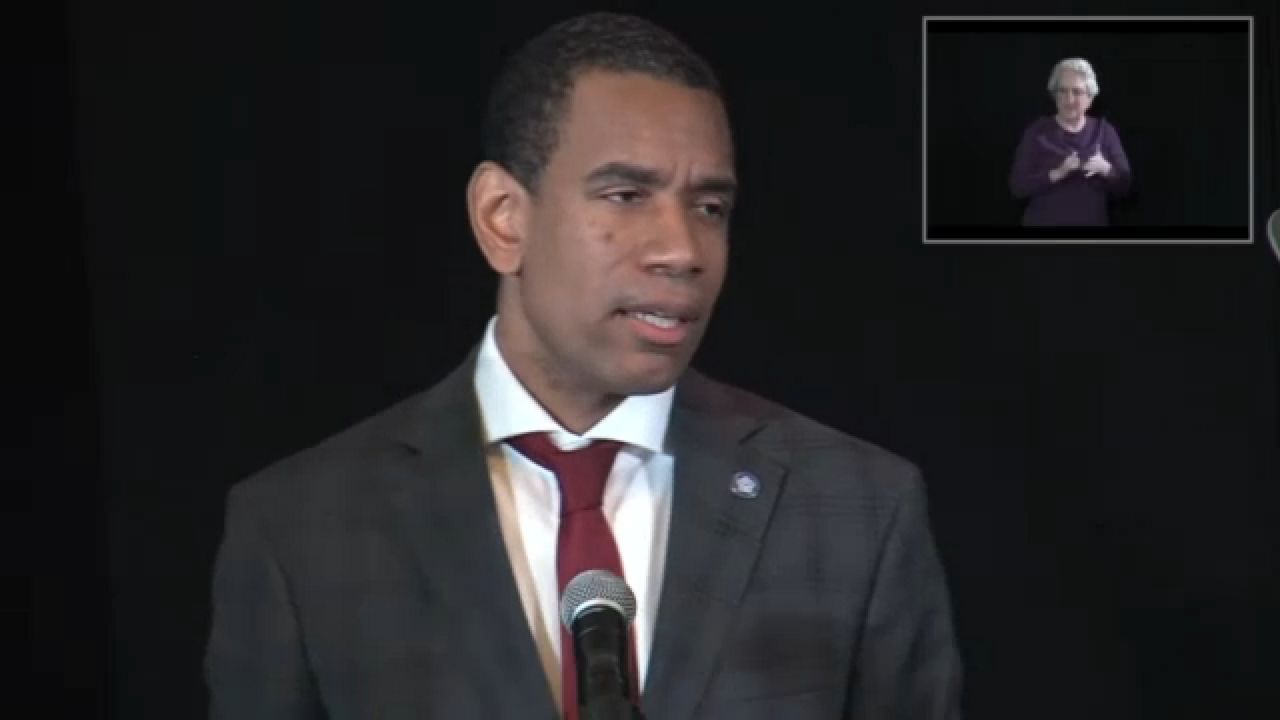WASHINGTON — The bicentennial celebration of social pioneer and revolutionist, Frederick Douglass, takes us here to the campus of the Mecca of black studies also known as Howard University.
Founded in 1867, Howard University is an historically black college that was create to educate ex slaves and free men but it was also the place where Frederick Douglass created policy as a member of the board of trustees.
“He was considered an important member of the board of trustees just because of his stature and who he was," said Clifford Muse, university archivist.
Douglass served as a university trustee from 1871 until his death in 1895. While there he was responsible for investigating complaints from staff, students and even the public about the institution.
“There was one complaint from the students during his tenure about a professor about a professor at the university that they wanted to resign," Muse said. "He as a member of the investigative committee, looked into the situation, made a report to the executive committee on the board and this person eventually did resign. ”
Artifacts preserving Douglass` legacy have been stored in the Moorland-Spingarn Research Center. Inside the vault is a family photo album donated in 1960 by Frederick Douglass`great granddaughter.
Howard`s collection includes letters Douglass wrote to his sons, 1850 editions of his newspaper the North Star, documents of his civil rights speeches, among other manuscripts that show Douglass`activism during his life in Washington D.C.
His legacy is forever a part of Howard. The Frederick Douglass Memorial Hall is located in the center of campus, dedicated in 1935.
An honorary degree recipient of Howard University, Frederick Douglass continues to be celebrated as a symbol of one of the leading historically black institutions in the country.










